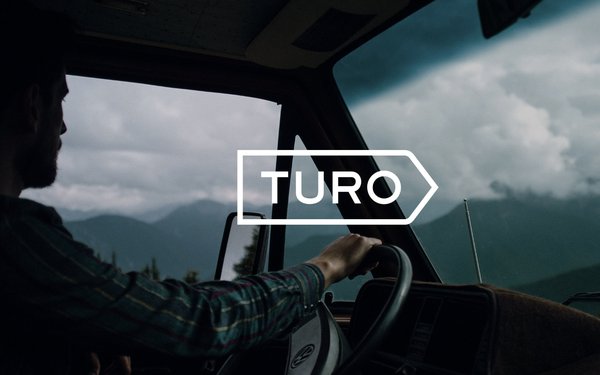
There’s an old saying that there's no such thing
as bad publicity. But that might not hold true when your brand is being associated with terrorist attacks.
Such is the case for Turo, which claims to be the “world’s
largest car sharing marketplace.” The app-based company was connected to deadly incidents in both New Orleans and Las Vegas this week.
“Turo calls itself a
‘peer-to-peer car sharing service,’ meaning users can rent cars through the app directly from their owners, as opposed to traditional rental companies like Hertz and Avis, which own the
rental fleets themselves directly,” according to CNN Business. “The attacks could be a major black eye for Turo,
which has been angling for what could be a lucrative initial public offering. The company previously acknowledged the risk of financial and brand damage from fatalities and other incidents that could
be caused by vehicles rented on its platform.”
advertisement
advertisement
The company confirmed with a “heavy heart” that vehicles rented on the platform were involved in
the two attacks.
“Our trust and safety team is actively partnering with law enforcement authorities to share any information that could be helpful in their
investigations,” Turo said in a statement. “We do not believe that either renter had a criminal background that would have identified them as a security threat, and we are not currently
aware of any information that indicates the two incidents are related. Turo is dedicated to fostering a trustworthy marketplace.”
Authorities have preliminarily said the
service’s use in both incidents is a coincidence, according to NBC
News.
The owner of the Ford pickup truck used in New Orleans recognized his vehicle when he saw footage showing the truck and license plate on the news.
“The truck’s owner, who did not want his name used, said that he had been renting five cars on Turo as a second income stream but that he did not plan to use the platform again
after the attack,” according to The New York Times. “In Las Vegas, the police said
during a news conference that the Tesla Cybertruck that exploded outside the Trump Hotel’s lobby entrance, killing one and injuring at least seven others, was also rented from Turo. Officials
called it a ‘coincidence’ and said they were continuing to investigate any possible connections.”
The incidents raise questions about the app's vetting process and
security measures, according to Axios.
“Five percent of 184 vehicle ramming incidents between 1970 and 2018 used a rented car, according to a 2019 analysis by the Mineta Transportation Institute at San Jose State University,” per Axios. “However, attacks using a rented vehicle were the most deadly, accounting for 29% of
fatalities in the incidents analyzed. ‘Attackers renting vehicles tend to have planned the attack and very often they rent larger vehicles,’ the analysis noted.”
Turo is not the first brand associated with deaths. Another is Tylenol, which was used in a series of poisoning deaths resulting from drug tampering in the Chicago
metropolitan area in 1982. The upside was that the incidents led to reforms in the packaging of over-the-counter drugs and to federal anti-tampering laws.
Perhaps
there will be some changes in Turo rental procedures to lessen the chances of this happening again.